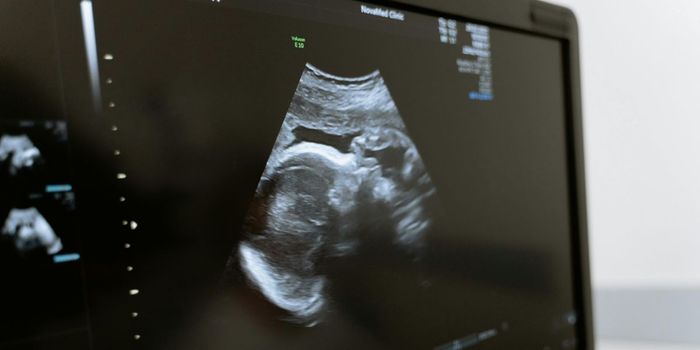Survey Finds Most Women with Disabilities Believe Cannabis is Harmless
A study published in the journal Cannabis and Cannabinoid Research examined perceptions of cannabis safety among women with disabilities. The study found that women with disabilities were more likely to perceive no risk associated with cannabis use. Approximately 60% of women who consumed cannabis in the past 12 months believed regular use is harmless.
The research team analyzed data from the 2021 National Survey on Drug Use and Health to determine the perceived risk of harm associated with chronic cannabis consumption. The sample included 20,234 women between the ages of 18 and 49. Participants’ disabilities included cognitive and sensory disorders and other conditions that hinder daily activities such as mobility and self-care. The researchers documented participants’ perceived overall health status, age, race/ethnicity, marital status, and medical cannabis policy in the participants’ states of residence.
37.9% of women with any disability perceived no risk associated with weekly cannabis use, whereas 26.1% of women with no disabilities shared the same perception. 27.4% of women perceived no risk of harm related to weekly cannabis use. Perceptions of no risk associated with regular cannabis use were more prominent among women ages 21 to 29 (34.4%), those who were never married (32%), non-Hispanic Blacks (32.2%), and women living in poverty (31%). 35.1% perceived their health as fair or poor, and 36.4% experienced a past 12-month major depressive episode.
Many healthcare professionals advise women to limit or abstain from regular cannabis consumption to avoid risks. Cannabis use may impact sex hormones critical to reproductive health, and they advocate for increased awareness of the effects of cannabis on fertility and wellness. Several studies have demonstrated that cannabis use may increase the risk of adverse reproductive and perinatal health outcomes in women of childbearing age.
Sources: Cannabis and Cannabinoid Research, Eureka News Alert








